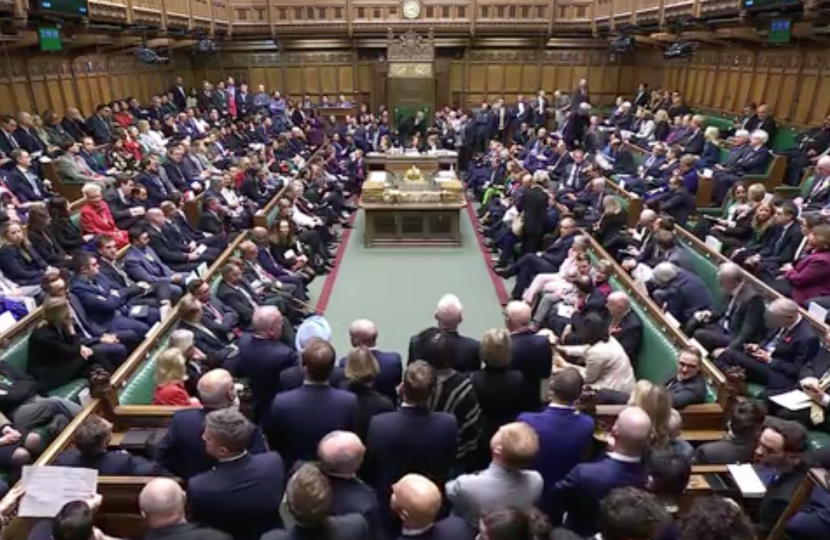
I voted against the Terminally Ill Adults (End of Life) Bill at its Second Reading today. Given the limited time for debate I was not able to be called to speak, so I thought I would lay out the main points from what I wanted to say here.
There are many reasons that I could have mentioned but I wanted to raise three in particular.
First; clause 4(4)(c) of the bill specifies that a medical practitioner is to explain and discuss any avaliable palliative, hospice or other care as part of a person’s decision making. Whilst hospices are an absolute vital source of support, they are facing a funding crisis – only one third of their funding comes from the Government funders and two thirds comes from charity fundraising and retail operations. Without addressing the issue of hospice funding and ensuring this can be offered to all those who require it, we are failing those most in need and a safeguard of this bill falls at the first hurdle.
Secondly; I have serious concerns about the judicial safeguard and whether we even have the resources to be able to administer this bill judicially. Assuming that this needs to be heard by one of the 19 High Court Family Division judges – who would be most appropriate for this – we could see around 17,000 cases each year being considered (if 3% of the population of England and Wales take this up as has been mentioned). At a point when the courts are already seriously overburdened, a judge would only be given time for rudimental scrutiny and I do question how the priority of these cases verses others before the Courts are ordered. Access to legal aid must also be considered for those without the ability to pay for legal advice. Furthermore this bill only allows for an appeal if the courts refuse to make a declaration, not if there is a concern an error has been made.
Thirdly; I am a type 1 diabetic which means I have a progressive illness that cannot be reversed by treatment. If I do not manage my condition, it could reasonably be expected that I could die within 6 months. According to the definition of “Terminal illness” in the bill I technically qualify for assisted dying. I cannot see how any amendments that could be proposed would be able to define terminal illness in such a way as to deal with all medical conditions accurately and is an obvious point of weakness in the safeguarding of the Bill.
I know that there are many strong opinions on both sides of this argument, with many of you having written to me in recent months expressing your views. I will continue to follow the passage of the Bill and consider any amendments.




